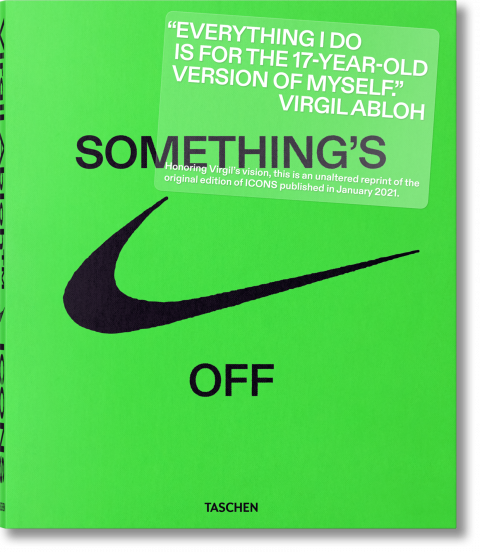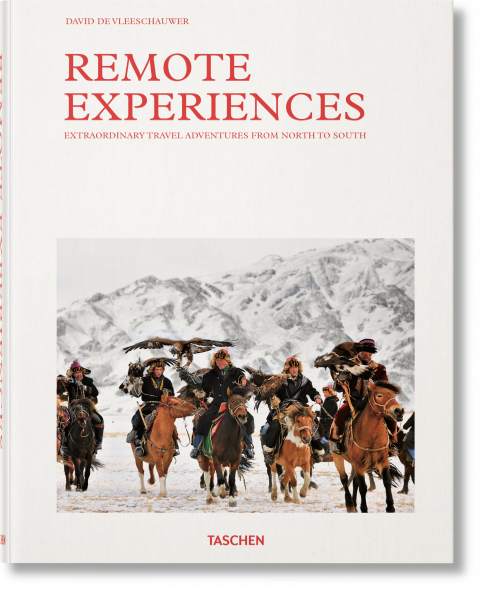Düsseldorf, 18. Oktober 2022
Gründer, Innovation, Design, Düsseldorf
Die roatel GmbH, innovative Container Hotels aus Düsseldorf, ein Interview mit CEO Christian Theisen
Alethea Magazine berichtet über Düsseldorfer Unternehmen und im heutigen Beitrag über die roatel GmbH, die ein Hotel Container Konzept entwickelt hat.
English version below
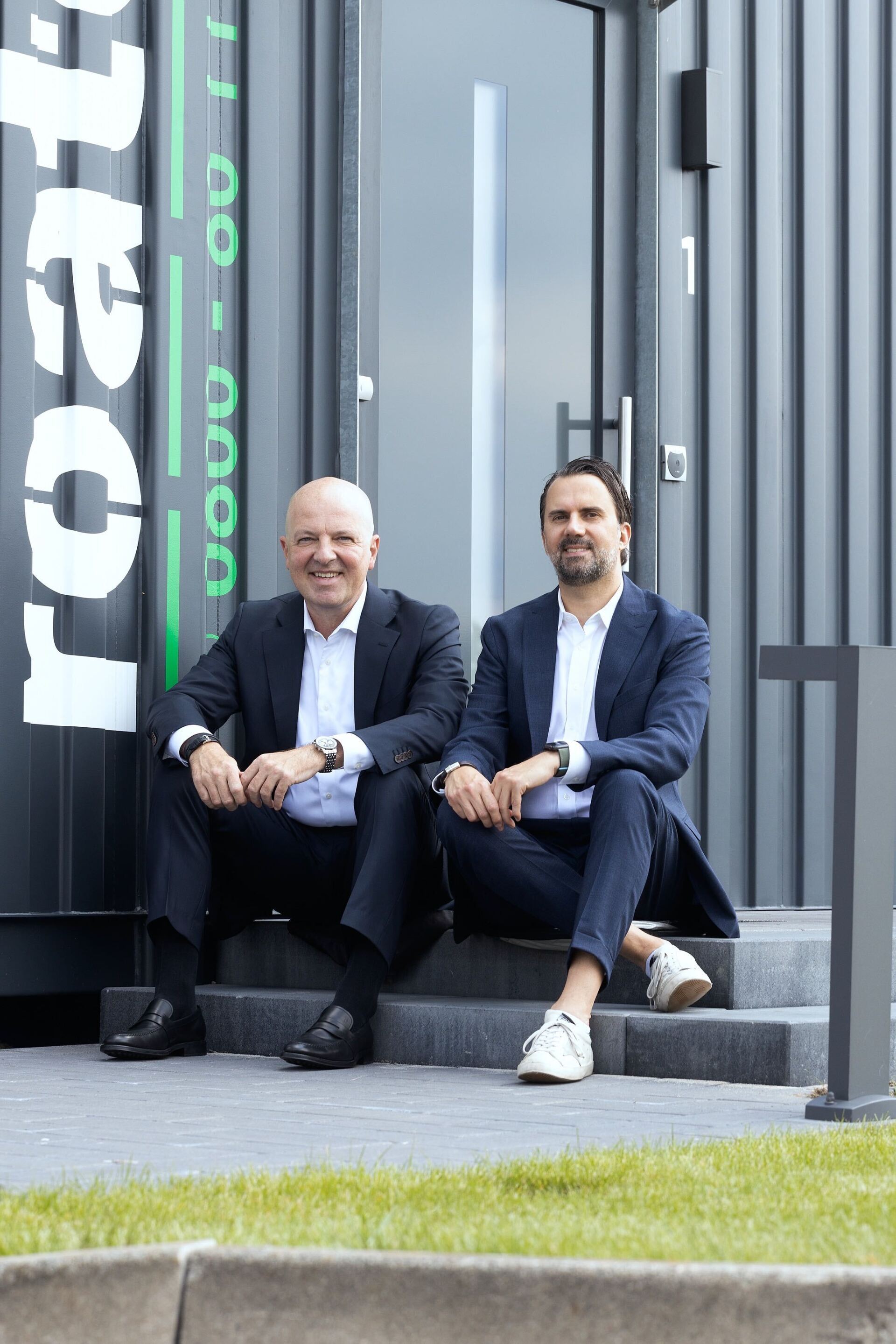
Roatel Gründer Ralf-Peter Kals und Christian Theisen ©roatel
Düsseldorf, 18. Oktober 2022: Der Hotelmarkt erholt sich wieder nach der Corona-Krise und bewegt sich jetzt in zwei Richtungen: im hochpreisigen Luxussegment sowie im preisgünstigen Economysegment. Hier befindet sich das Düsseldorfer Unternehmen roatel GmbH mit ihren innovativen und elegant designten Full Service Containern.
Marktlage:
Die beiden Gründer, Ralf-Peter Kals und Christian Theisen, haben Hotel Containerboxen entwickelt, die kurzfristig bei ihren Kunden aufgestellt werden können und deren Verwaltung und Service komplett von Roatel gemanagt wird. Die Geschäftsidee entstand, als das Mobilitätspaket 1 bekannt wurde, das die EU 2020 verabschiedete. Demnach dürfen Berufskraftfahrer ihre wöchentliche Ruhezeit nicht mehr in ihrer Fahrerkabine verbringen. Diese Regelung hat die Lebensbedingungen für Kraftfahrer stark verbessert, aber auch einen neuen Markt erschaffen.
Nicht nur eine Schlafgelegenheit:
Bei den Roatel Containern handelt es sich nicht nur um eine Schlafgelegenheit, sondern das Konzept ist durchdacht hinsichtlich Umwelt, Komfort und Design. Auf den Dächern der Container befinden sich Solarzellen. Roatel übernimmt die gesamte Verwaltung, baut die Container kurzfristig an einem Tag auf und zahlt seinen Kunden, ob Tankstelle oder Autoraststätte eine Pacht.
Welche Vorteile haben die Standorte, wenn sie Roatel Container Hotels aufstellen? Fühlen sich die Übernachtungsgäste überhaupt wohl in einem Container?
Christian Theisen meint, dass sich größere Hotelketten derzeit noch nicht an das dezentrale Hotelkonzept heranwagen. Der Markt ist jedenfalls da: Rund 120.000 Berufsfahrer suchen jede Nacht nach einer Schlafgelegenheit und reisende Geschäfts- und Privatleute sind hierbei noch gar nicht eingerechnet. Roatel möchte expandieren und startet demnächst eine Crowd-Funding-Kampagne.
Mehr lesen im exklusiven Interview mit Geschäftsführer Christian Theisen:
Art Calendar

Draiflessen The Final Bid by Michael Pinsky installation views ©Draiflessen collection
Art Calendar, 12 Oct 2022
The Final Bid by Michael Pinsky at the Draiflessen Collection. First exhibition images! October 30, 2022 through February 26, 2023.

Among the nominees at the MTV EMAs 2022 Düsseldorf, Badmomzjay
Lifestyle Calendar, October 12, 2022
The MTV EMAs 2022 will take place for the first time in Düsseldorf at the PSD Bank Dome.

Solarzelle von Roatel ©roatel

Innenausstattung eines Hotelzimmers ©Roatel
Alethea Magazine Können Sie nochmals erklären, wie durch die Änderung des Güterverkehrsgesetzes im Jahr 2017 ein Markt für Ihr Konzept entstand?
Christian Theisen: Es ist richtig, dass es das sogenannte „Kabinenschlafverbot“ schon seit mehreren Jahren in einzelnen europäischen Ländern gab. Allerdings gab es kein europaweit einheitliches Recht. Daher hat die EU 2020 das Mobilitätspaket 1 verabschiedet und dort verschiedene Sozialvorschriften neu geregelt. Diese gelten nun europaweit einheitlich. Darunter fällt auch die Vorschrift, dass Berufskraftfahrer die wöchentliche Ruhezeit nicht mehr in ihrer Fahrerkabine verbringen dürfen. Hintergrund ist, dass es unter den Fuhrunternehmen schwarze Schafe gibt, die sich vor allem in Osteuropa angesiedelt haben und Mitarbeiter teilweise monatelang ununterbrochen in ganz Europa einsetzen. Durch das neue Gesetz werden einerseits die Lebensbedingungen für die Fahrer deutlich verbessert, andererseits lohnt sich diese fragwürdige Praxis aufgrund der nun höheren Kosten nicht mehr. Immerhin liegen die Strafen bei fast 4.000 EUR im Einzelfall.
Wir haben uns 2018 mit dem Thema beschäftig und den Markt analysiert. 2019 gründeten wir dann die Roatel GmbH, zu einer Zeit, als es noch überhaupt nicht sicher war, dass das Mobilitätspaket überhaupt kommt. Denn der Widerstand von den osteuropäischen Staaten war groß. Trotzdem haben wir mit größtem Risiko das Konzept umgesetzt und sind nun First Mover.
Alethea Magazine: Wie unterscheidet sich Ihr Hotelkonzept und die Ausstattung von anderen Hotelboxen?
Christian Theisen: Unsere erste Idee war es, Hotelcontainer am Markt kaufen und aufzustellen. Doch wir mussten feststellen, dass es so etwas überhaupt nicht gibt. Es gibt Schlafcontainer, die man auch aus Flüchtlingscamps kennt. Aber die sind in Leichtbauweise erstellt und genügen nicht den baurechtlichen Anforderungen an einen Hotelbetrieb. Da sind z.B. Brandschutz, Schallschutz, Dämmvorschriften etc. zu berücksichtigen. Wir benötigen eine Baugenehmigung wie bei jedem normalen Hausbau.
Für uns war es wichtig, dass der Gast, der meist einen sehr langen und stressigen Arbeitstag hinter sich hat, eine kleine Wohlfühloase vorfindet. Wir bauen 4 kleine, hochwertige Einzelzimmer in einen echten 45 Fuß-Überseecontainer aus Corten-Stahl. Jedes Zimmer hat ein eigenes Duschbad und ein eigenes WC. Das ist vielleicht sogar noch wichtiger für die Berufskraftfahrer als ein breites Bett. Unseres ist immerhin 90cm breit – die Pritschen im LKW sind meistens nur 70 oder 80 cm breit.
Natürlich gibt es internationales SatTV, kostenloses Internet, Klimaanlage, Lüftung, Ambientebeleuchtung und elektrische Rollos vor den großen Fenstern. Die Außenbereiche sind kameraüberwacht.
Die Buchung erfolgt über unsere eigene Plattform my.roatel.com. Und da wir vor Ort kein Personal haben, funktioniert der Check-in rein digital und den Schlüssel gibt es ebenfalls per E-Mail oder SMS auf’s Handy. Und am nächsten Tag schicken wir die Rechnung – wenn gewünscht - per E-Mail direkt an den Arbeitgeber.
Alethea Magazine: Sie arbeiten in Partnerschaften mit anderen Standorten. Werden die Container dann vermietet oder verkauft? Für welche Standorte ist Ihr Konzept denn relevant?
Christian Theisen: Die Standortpartner – das sind beispielsweise große Autohöfe in Autobahnnähe – möchten ihren Kunden eine möglichst große Palette von Produkten und Dienstleistungen anbieten. Ein Hotel gehört dazu. Aber ein eigenes Bauprojekt zu realisieren ohne zu wissen, wie die Auslastung später sein wird und mit den bekannt langen bürokratischen Genehmigungsprozessen möchten die wenigsten. Und ein Hotel betreiben möchten sie auch nicht. Da kommt Roatel ins Spiel. Wir stellen das Roatel an nur 1 Tag auf, betreiben es in Eigenregie und zahlen dem Partner sogar noch eine Pacht. Der Partner muss lediglich die Anschlüsse (Strom, Wasser) bereitstellen. Ohne die geht es noch nicht. Die technische Umsetzung und das Baugenehmigungsverfahren übernehmen wir auch. Und wenn das Roatel immer ausgebucht ist und noch Platz vorhanden ist, können wir jederzeit ein zweites Roatel dazustellen. Oder theoretisch auch eins auf das erste Roatel draufsetzen.
Wir konzentrieren uns primär auf autobahnnahe Standorte. Aber die Kundenstruktur hat uns gezeigt, dass wir anscheinend mit dem Konzept einen Nerv getroffen haben, denn ein Großteil unserer Gäste sind Handwerker, Geschäftsleute oder privat Reisende. Insofern schauen wir uns jetzt auch gezielt Standorte an, wo es keine Hotels gibt, die aber verkehrsgünstig sind.
Alethea Magazine: Worauf darf sich ein Gast bei Ihnen freuen? Wie sind überhaupt die Resonanzen der Gäste nach ihrem Aufenthalt? Spielt Design auch eine Rolle?
Christian Theisen: Seien wir ehrlich: Unsere Gäste suchen in der Regel nur ein Bett zum Schlafen und ein Bad mit WC. Für längere Aufenthalte ist das Roatel nicht geeignet, wobei unsere Zimmer gerade von Handwerkern und Monteuren auch wochenweise gebucht werden.
Unser Gast kann sich darauf verlassen, dass sein Zimmer frisch gereinigt und das Bett frisch bezogen wurde. Es gibt natürlich frische Handtücher, Seife und Shampoo. Der Gast kann teilweise direkt vor der Zimmertüre oder zumindest in unmittelbarer Nähe parken. Man muss sich nirgends persönlich melden, alles geht kontaktlos und digital. Gerade in der Coronazeit war das ein Pluspunkt für unser Konzept.
Das Design war für uns sehr wichtig. Unser Gesellschafter, der die Roatels in Niedersachsen baut, ist ein Produzent von hochwertigen Küchen und Einbaumöbeln. Er hat viel Wert auf langlebige und wertige Materialien gelegt. Dies ist in der Produktion vielleicht zunächst teurer, aber die Pflege- und Instandhaltungskosten sind langfristig geringer. Außerdem hat jeder Gast das Gefühl, dass man ihn wertschätzt und er in dem Zimmer sicher ist. Wenn Sie in einem Roatel-Zimmer aufwachen und nicht wüssten, dass Sie sich in einem Container befinden, Sie würden es nicht glauben. Die Container die wir nutzen, sind extra hoch (high cube) und extra breit (pallet wide). Dadurch erreichen wir nach Innenausbau eine Deckenhöhe von 2,50m. Das ist mehr als in so mancher Wohnung.
Alethea Magazine: Wie hoch ist denn der Bedarf an Hotelbetten in Deutschland derzeit und wie wird sich der Markt Ihrer Meinung nach entwickeln?
Christian Theisen: Wir sehen auf dem Hotelmarkt eine Entwicklung in 2 Richtungen: Einerseits hochpreisige Angebote im Luxussegment, andererseits preisgünstige Hotels im Economysegment. Dort verorten wir uns.
Allerdings befinden wir uns auf einem gänzlich neuen Teilsegment, das ja erst durch das Mobilitätspaket geschaffen wurde. Die großen Hotelketten trauen sich an das dezentrale Geschäftsmodell nicht heran, zumal sie sich noch von der Coronakrise erholen müssen. Als First Mover schaffen wir jetzt Fakten und stellen uns an den besten Standorten zunächst in Deutschland und dann im europäischen Ausland auf. Mit einem Mineralölkonzern sind wir bereits wegen Standorten in Frankreich im Gespräch. Alleine in Deutschland übernachten jede Nacht 120.000 Berufskraftfahrer auf und an den Autobahnen. Da sind die Privat- und Geschäftsleute noch nicht einmal inbegriffen. Ein großes Potential. Wir starten demnächst auf Seedmatch eine Crowd-Funding-Kampagne und legen richtig los
———
Mehr erfahren:
Das Interview wurde geführt von C. Mauer.
Read also
ART CALENDAR

Frida en corset @Florence Arquin
Art Calendar, Fashion, 8 October 2022
Frida Kahlo, Au-delà des Apparences, Palais Galliera, Paris, 15.9.22 to 5.3.23 and the most beautiful photos.

Nicola Green's art globe The World in a Water Lily, Amazonica ©Nicola Green
Environment / Art / Interview, 27 September 2022
The UK wide art project The World Reimagined. Alethea Magazine received an exclusive interview from internationally renowned artist and social critic Nicola Green on her art globe The World in a Water Lily, Amazonica.
We recommend
18 October 2022
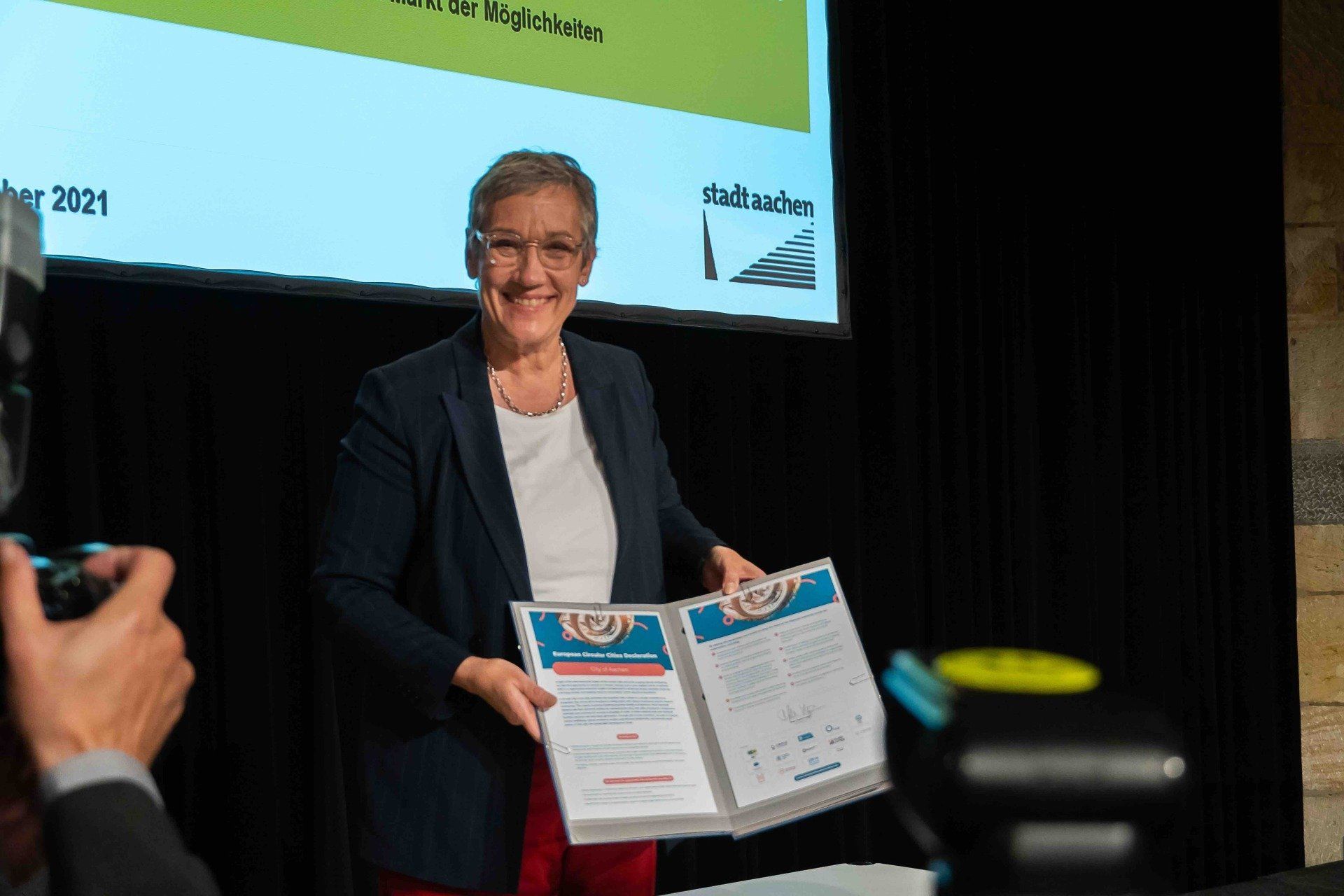
Mayor of the city of Aachen, Ms Keupen with the signed declaration ©Center for Circular Economy
Business - 12. May 2022
Sustainability or circularity?
The Center for Circular Economy at RWTH Aachen University opens its doors.
An interview with Managing Director Dr.-Ing. Mohammad Chehadé.

Art / Design / Business 31 July 2022
Little Signals by Google & Map Project Office - Subtle Little Helpers in Calm Technology. Google is experimenting with a series of objects that subtly become little digital household helpers.
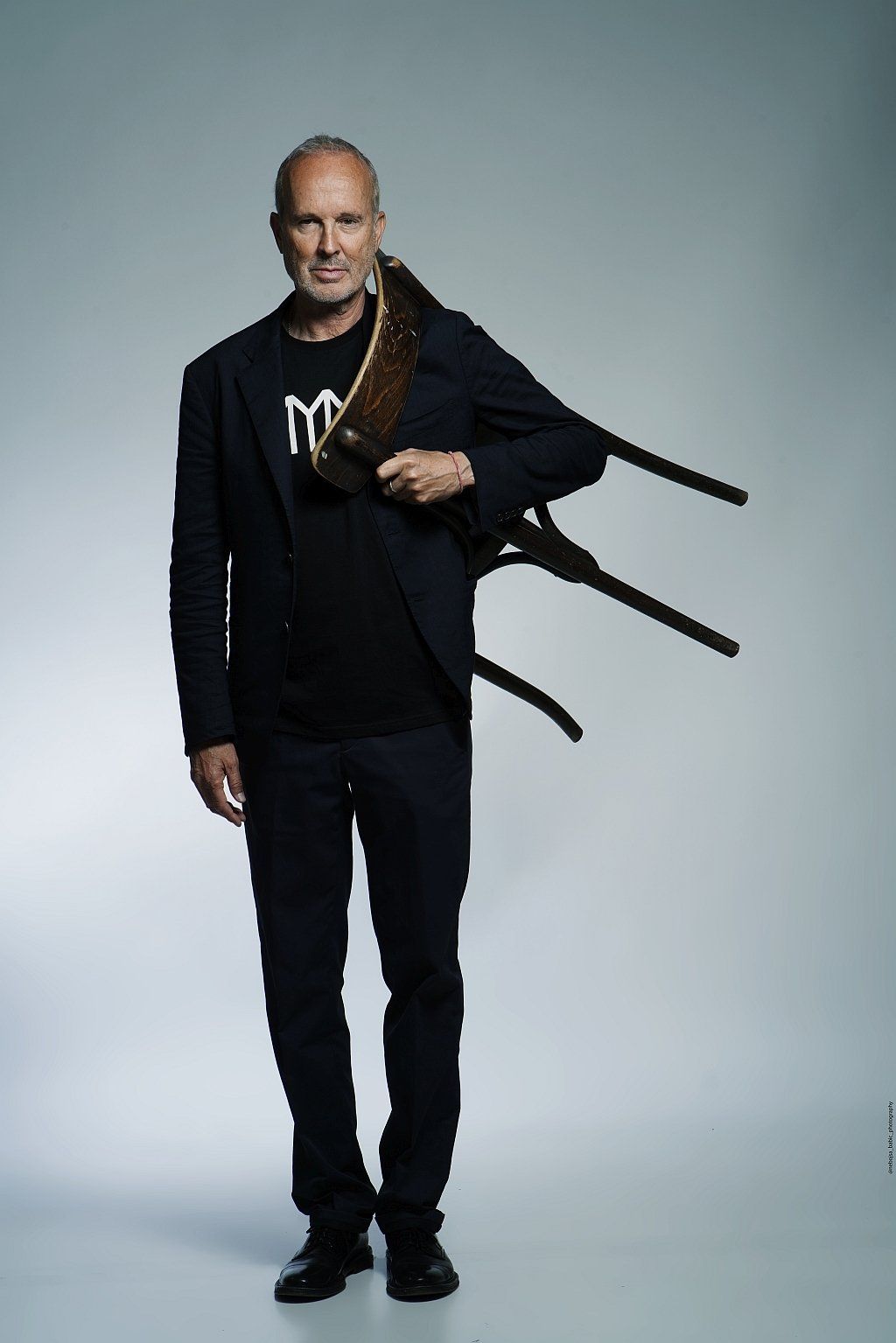
Erwin Wurm, Photo credit Nebojša Babić
Art Calendar, 30 September 2022
In the exhibition Avatars in Venice Erwin Wurm shows the group of works Skins. Unlike his Fat works, these works are about a reduction of volume. From October 8 to November 13, 2022 in Sale Monumentali of the Biblioteca Nazionale Marciana directly on St. Mark's Square in Venice.
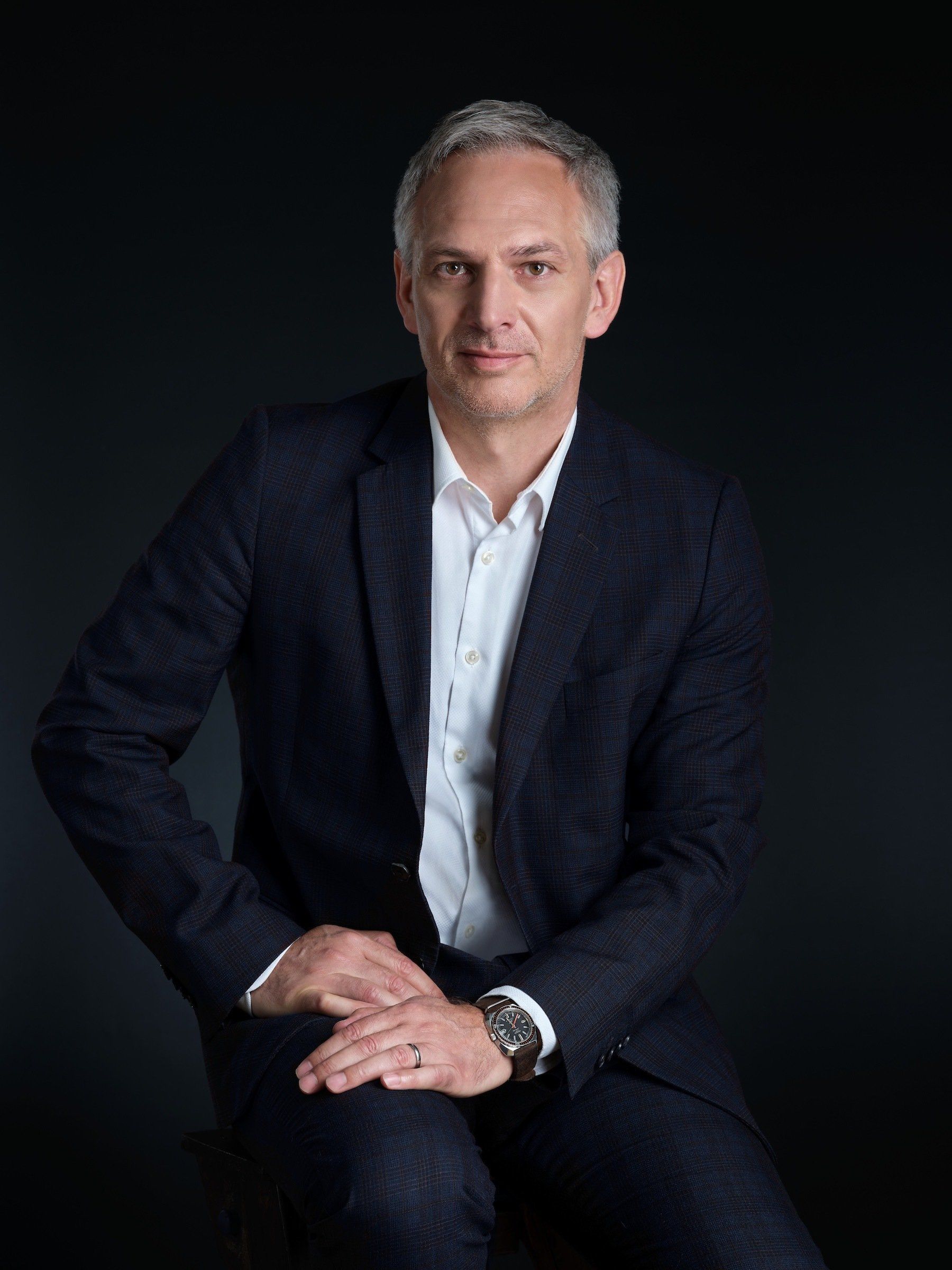
Daniel Hug, Head of Branding & Heritage Longines
©Swatch
Business / Fashion & Jewelry - 25 April 2022
Longines Geneva-based Collector's Corner - the appreciation of a watch and the future of resale. An interview with Daniel Hug, Head of Branding & Heritage Longines.
ENGLISH VERSION
Düsseldorf, 18. Oktober 2022
Founder, Innovation, Design, Düsseldorf
roatel GmbH, innovative container hotels from Düsseldorf,
an interview with CEO Christian Theisen
Alethea Magazine reports about Düsseldorf companies and in today's article about roatel GmbH, which has developed a hotel container concept.

Roatel Gründer Ralf-Peter Kals und Christian Theisen ©roatel
Düsseldorf, October 18, 2022: The hotel market is recovering after the Corona crisis and is now moving in two directions: the high-priced luxury segment and the low-priced economy segment. This is where Düsseldorf-based roatel GmbH finds itself with its innovative and elegantly designed full-service containers.
Market Situation:
The two founders, Ralf-Peter Kals and Christian Theisen, have developed hotel container boxes that can be set up at their customers' premises at short notice and whose administration and service is managed entirely by Roatel. The business idea came about when the Mobility Package 1 was announced, which the EU adopted in 2020. According to this, professional drivers are no longer allowed to spend their weekly rest period in their driver's cab. This regulation has greatly improved living conditions for drivers, but it has also created a new market.
Not just a place to sleep:
The Roatel containers are not just a sleeping accommodation, but the concept is well thought-out in terms of environment, comfort and design. There are solar cells on the roofs of the containers. roatel takes care of all the management, sets up the containers in a day at short notice and pays its customers, whether gas stations or car service stations, a rent.
What advantages do the locations have when they set up Roatel container hotels? Do the overnight guests feel at all comfortable in a container?
Christian Theisen believes that larger hotel chains are not yet venturing into the decentralized hotel concept. In any case, the market is there: Around 120,000 professional drivers are looking for a place to sleep every night, and traveling business and private people are not even included in this figure. Roatel wants to expand and is launching soon a crowd-funding campaign.
Read more in the exclusive interview with CEO Christian Theisen:
Alethea Magazine Can you explain again how the amendment of the Freight Transport Act in 2017 created a market for your concept?
Christian Theisen: It is true that the so-called "cab sleeping ban" had already existed for several years in individual European countries. However, there was no uniform law across Europe. Therefore, in 2020, the EU passed Mobility Package 1, where various social regulations were newly regulated. These now apply uniformly throughout Europe. These include the regulation that professional drivers may no longer spend the weekly rest period in their driver's cab. The background to this is that there are black sheep among the trucking companies that have settled primarily in Eastern Europe and sometimes deploy employees for months on end throughout Europe. On the one hand, the new law will significantly improve living conditions for the drivers, but on the other hand, this questionable practice is no longer worthwhile due to the now higher costs. After all, the fines are almost EUR 4,000 in individual cases.
In 2018, we dealt with the issue and analyzed the market. In 2019, we then founded Roatel GmbH, at a time when it was not at all certain that the mobility package would come at all. Because the resistance from the Eastern European countries was great. Nevertheless, we implemented the concept with the greatest possible risk and are now first movers.
Alethea Magazine: How does your hotel concept and equipment differ from other hotel boxes?
Christian Theisen: Our first idea was to buy hotel containers on the market and set them up. But we had to realize that there is no such thing at all. There are sleeping containers, which you also know from refugee camps. But they are made of lightweight construction and do not meet the building code requirements for a hotel. For example, fire protection, sound insulation, insulation regulations, etc. have to be taken into account. We need a building permit just like for any normal house construction.
For us it was important that the guest, who usually has a very long and stressful working day behind him, finds a small oasis of well-being. We are building 4 small, high quality single rooms in a real 45 foot overseas container made of corten steel. Each room has its own shower room and toilet. This is perhaps even more important for professional drivers than a wide bed. Ours is 90 cm wide - the beds in the trucks are usually only 70 or 80 cm wide.
Of course there is international satellite TV, free internet, air conditioning, ventilation, ambient lighting and electric blinds in front of the large windows. The outside areas are camera-monitored.
Booking is done through our own platform my.roatel.com. And since we don't have any staff on site, check-in works purely digitally and the key is also sent by e-mail or SMS to your cell phone. And the next day, we send the invoice directly to the employer by e-mail - if desired.
Alethea Magazine: You work in partnerships with other sites. Are the containers then rented or sold? For which sites is your concept relevant, then?
Christian Theisen: The site partners - which are, for example, large car dealerships near the highway - want to offer their customers as wide a range of products and services as possible. A hotel is one of them. But few of them want to realize their own construction project without knowing what the occupancy rate will be later and with the notoriously long bureaucratic approval processes. And they don't want to run a hotel either. That's where Roatel comes in. We set up the Roatel on just 1 day, run it ourselves and even pay the partner a lease. The partner only has to provide the connections (electricity, water). Without these it does not go yet. We also take care of the technical implementation and the building permit procedure. And if the Roatel is always fully booked and there is still space available, we can always add a second Roatel. Or, theoretically, put one on top of the first Roatel.
We concentrate primarily on locations close to the autobahn. But the customer structure has shown us that we seem to have hit a nerve with the concept, because a large proportion of our guests are craftsmen, business people or private travelers. In this respect, we are now also looking specifically at locations where there are no hotels, but which are conveniently located.
Alethea Magazine: What can a guest look forward to with you? What is the feedback from guests after their stay? Does design also play a role?
Christian Theisen: Let's be honest: Our guests are usually only looking for a bed to sleep in and a bathroom with a toilet. The Roatel is not suitable for longer stays, although our rooms are also booked on a weekly basis, especially by craftsmen and fitters.
Our guest can be sure that his room is freshly cleaned and the bed is freshly made. There are of course fresh towels, soap and shampoo. The guest can park partly directly in front of the room door or at least in the immediate vicinity. You don't have to check in anywhere in person, everything is contactless and digital. Especially in the Corona era, this was a plus point for our concept.
The design was very important for us. Our shareholder, who builds the Roatels in Lower Saxony, is a producer of high-quality kitchens and built-in furniture. He placed a lot of emphasis on durable and high-quality materials. This may be more expensive in production at first, but the care and maintenance costs are lower in the long run. In addition, each guest feels that he is valued and that he is safe in the room. If you woke up in a Roatel room and didn't know you were in a container, you wouldn't believe it. The containers we use are extra high (high cube) and extra wide (pallet wide). This allows us to reach a ceiling height of 2.50m after interior finishing. That's more than in many an apartment.
Alethea Magazine: How high is the demand for hotel beds in Germany at the moment and how do you think the market will develop?
Christian Theisen: We see a development in 2 directions on the hotel market: On the one hand, high-priced offers in the luxury segment, on the other hand, low-priced hotels in the economy segment. That's where we see ourselves.
However, we are in a completely new sub-segment, which was only created by the mobility package. The large hotel chains are reluctant to adopt the decentralized business model, especially since they still have to recover from the Corona crisis. As a first mover, we are now creating facts and setting up in the best locations, first in Germany and then in other European countries. We are already in talks with a mineral oil company about locations in France. In Germany alone, 120,000 professional drivers spend the night on and along the highways every night. That doesn't even include private and business drivers. A huge potential. We will soon launch a crowd-funding campaign on Seedmatch and really get started
Find out more:
The interview was conducted by C. Mauer
18 October 2022


